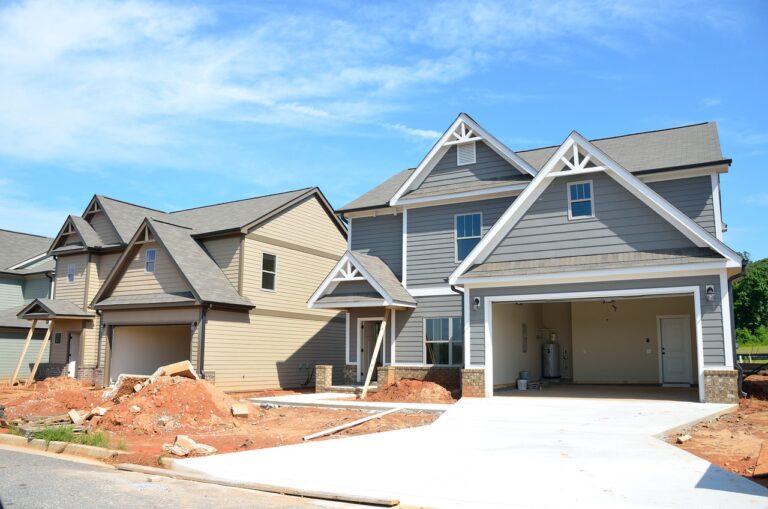Childproofing Garage Utilities: Gas Leak Detection Training: 99 exchange bet, Laser247 register, Yolo247
99 exchange bet, laser247 register, yolo247: Childproofing Garage Utilities: Gas Leak Detection Training
When it comes to childproofing your home, many parents often overlook potential dangers that lurk in the garage. Garages are often filled with tools, chemicals, and utilities that can pose a serious threat to young children if not properly secured.
One of the most important aspects of childproofing your garage is ensuring that the gas utilities are safely stored and monitored for leaks. Gas leaks can be extremely dangerous, as they can lead to fires, explosions, and carbon monoxide poisoning. In this article, we will discuss the importance of gas leak detection training for parents and caregivers, and provide some tips on how to keep your garage utilities safe.
Why Is Gas Leak Detection Training Important?
Gas leaks are a serious safety concern, especially in the garage where flammable materials are often stored. Children are naturally curious and may unknowingly tamper with gas utilities, putting themselves and others at risk. Gas leak detection training is essential for parents and caregivers to recognize the signs of a gas leak and take appropriate action to prevent a disaster.
Gas leaks can be caused by a variety of factors, including faulty appliances, damaged pipes, or improper installation. By learning how to detect a gas leak early on, parents can take immediate steps to evacuate the area, shut off the gas supply, and contact emergency services if necessary.
Tips for Childproofing Garage Utilities
1. Store gas cans and other flammable materials out of reach of children: Keep all gas cans, propane tanks, and other flammable materials stored in a locked cabinet or high shelf where children cannot access them.
2. Install carbon monoxide detectors: Carbon monoxide is a silent killer that can be produced by gas leaks. Install carbon monoxide detectors in your garage and throughout your home to alert you to dangerous levels of this odorless gas.
3. Teach children about gas safety: Educate your children about the dangers of gas leaks and how to respond in case of an emergency. Make sure they know how to recognize the smell of gas and what to do if they suspect a leak.
4. Perform regular maintenance: Inspect your gas appliances and utilities regularly for signs of wear and tear. Have a professional check for leaks and make any necessary repairs to ensure your garage is safe.
5. Create an emergency plan: Develop an emergency plan with your family in case of a gas leak. Make sure everyone knows how to safely evacuate the area and call for help if needed.
6. Seek professional help: If you suspect a gas leak in your garage, do not attempt to fix it yourself. Contact a licensed gas technician to inspect and repair the issue immediately.
FAQs
Q: How can I tell if there is a gas leak in my garage?
A: Some signs of a gas leak include a rotten egg odor, hissing sounds near gas appliances, dead plants near gas pipes, and feeling dizzy or nauseous.
Q: What should I do if I suspect a gas leak?
A: If you suspect a gas leak, evacuate the area immediately, shut off the gas supply if safe to do so, and call emergency services.
Q: How often should I check for gas leaks in my garage?
A: It is recommended to check for gas leaks in your garage at least once a year, or more frequently if you notice any warning signs.
By following these tips and being proactive about gas leak detection training, parents can help keep their garage utilities childproof and their families safe from potential hazards. Remember, when it comes to gas safety, it’s better to be proactive than reactive.







